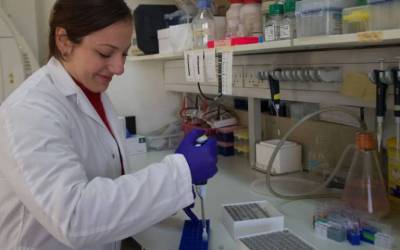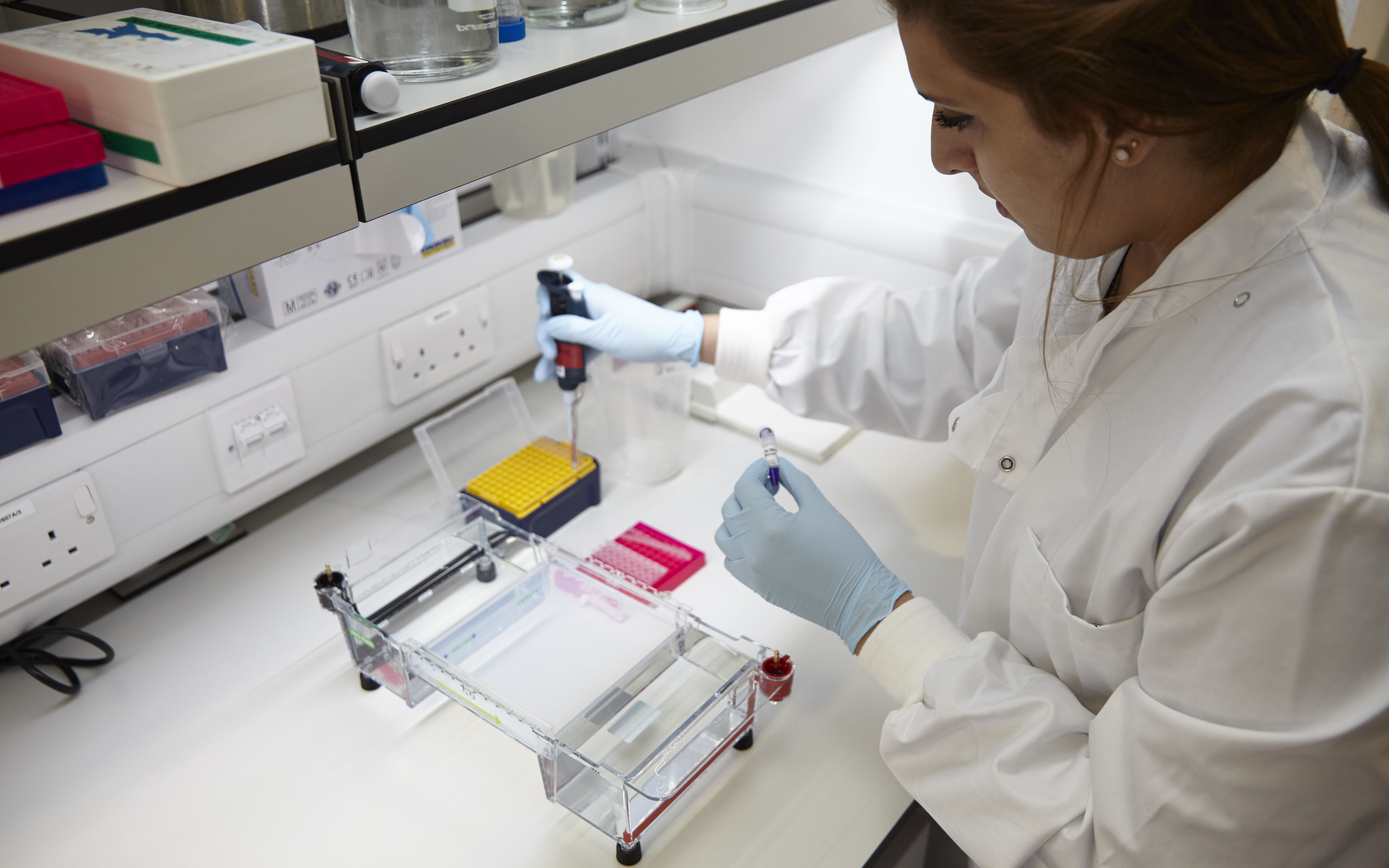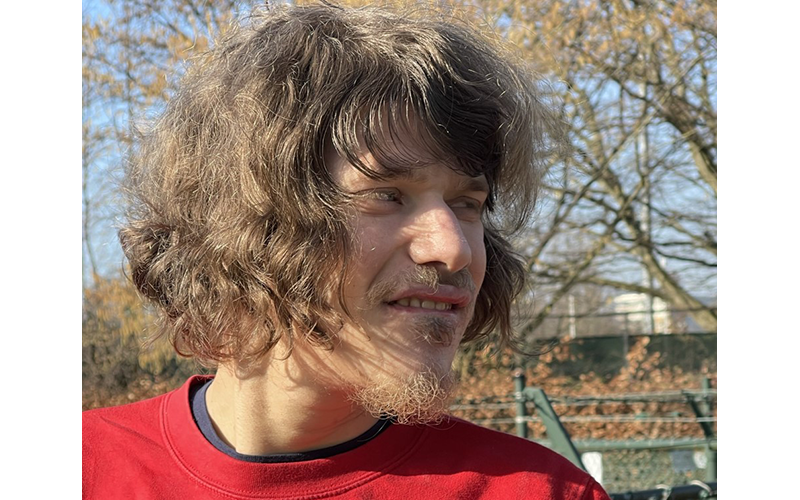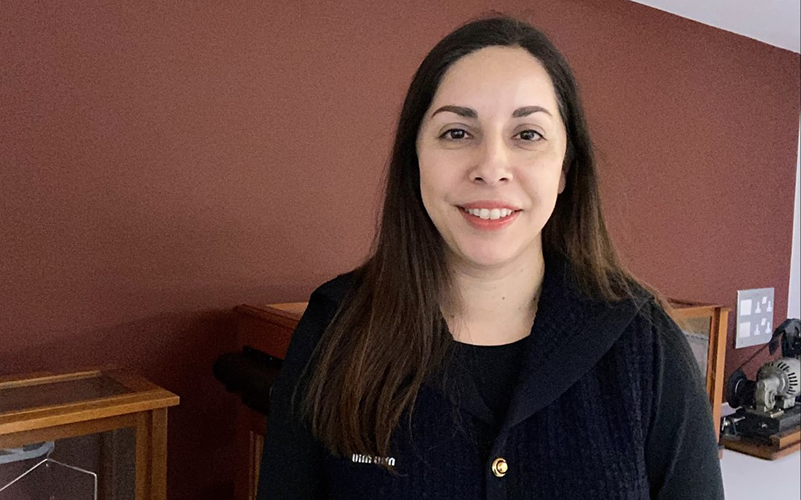Rare Disease Day
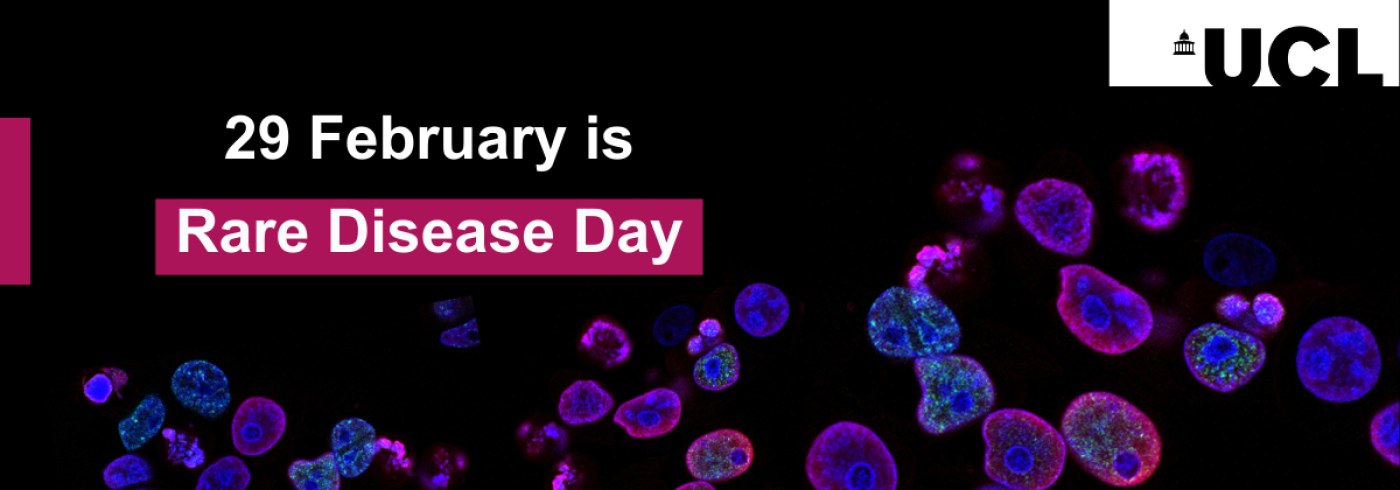
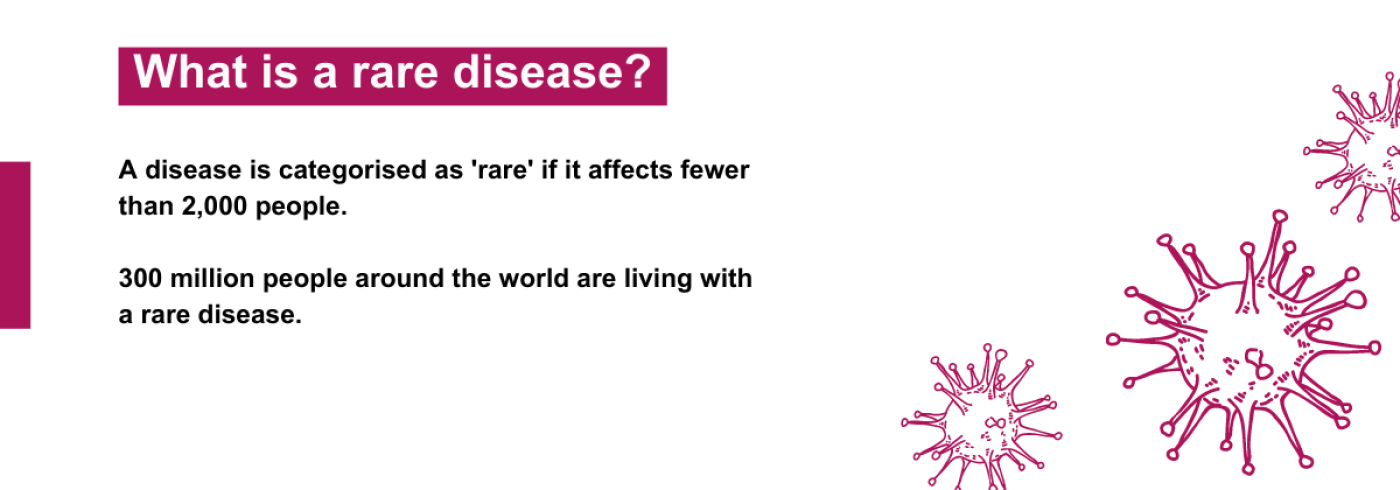

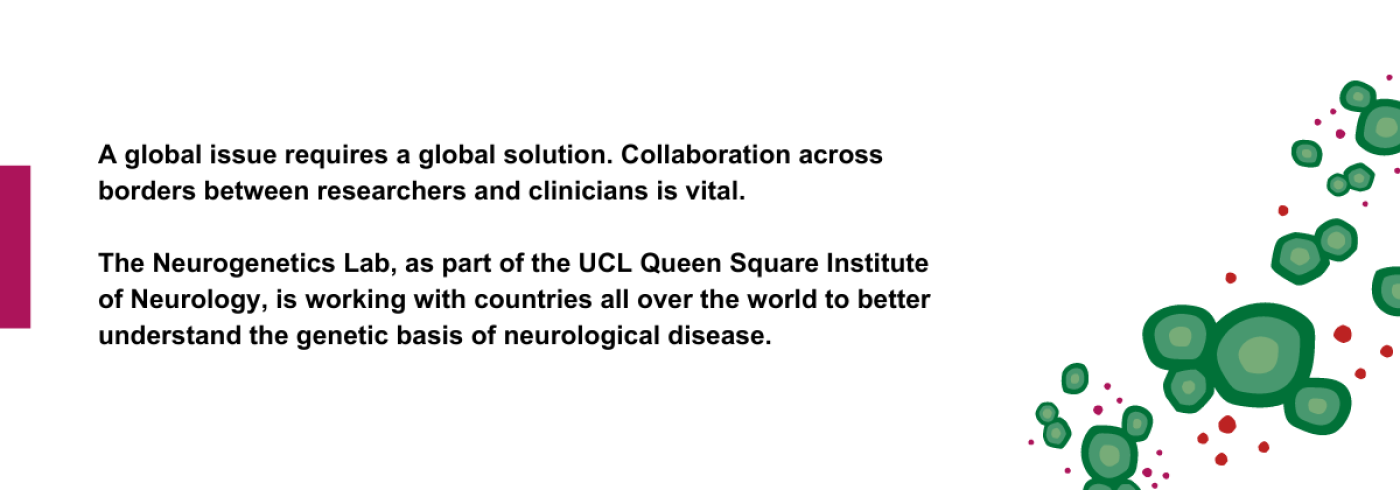
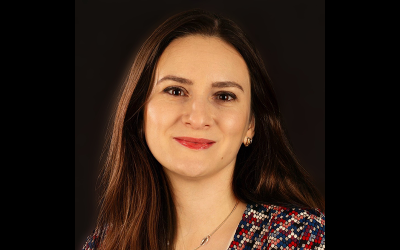
Meet the expert: Dr Viorica Chelban
Dr Viorica Chelban specialises in translational work in neurodegeneration and rare diseases and is a clinical academic at the UCL Queen Square Institute of Neurology.
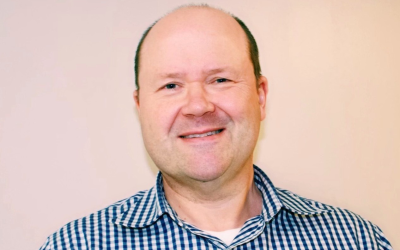
Meet the expert: Professor Henry Houlden
Professor Henry Houlden is the Clinical Lead for Neurogenetics at the National Hospital of Neurology and Neurosurgery and plays a key role on the Genomics England board for rare diseases.
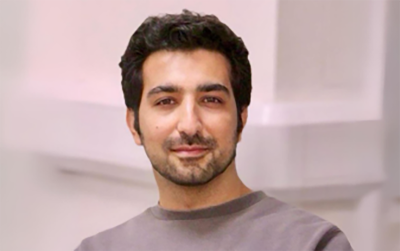
Meet the expert: Dr Reza Maroofian
Dr Reza Maroofian is a geneticist at the UCL Queen Square Institute of Neurology who researches challenging paediatric neurological disorders.
 Close
Close


